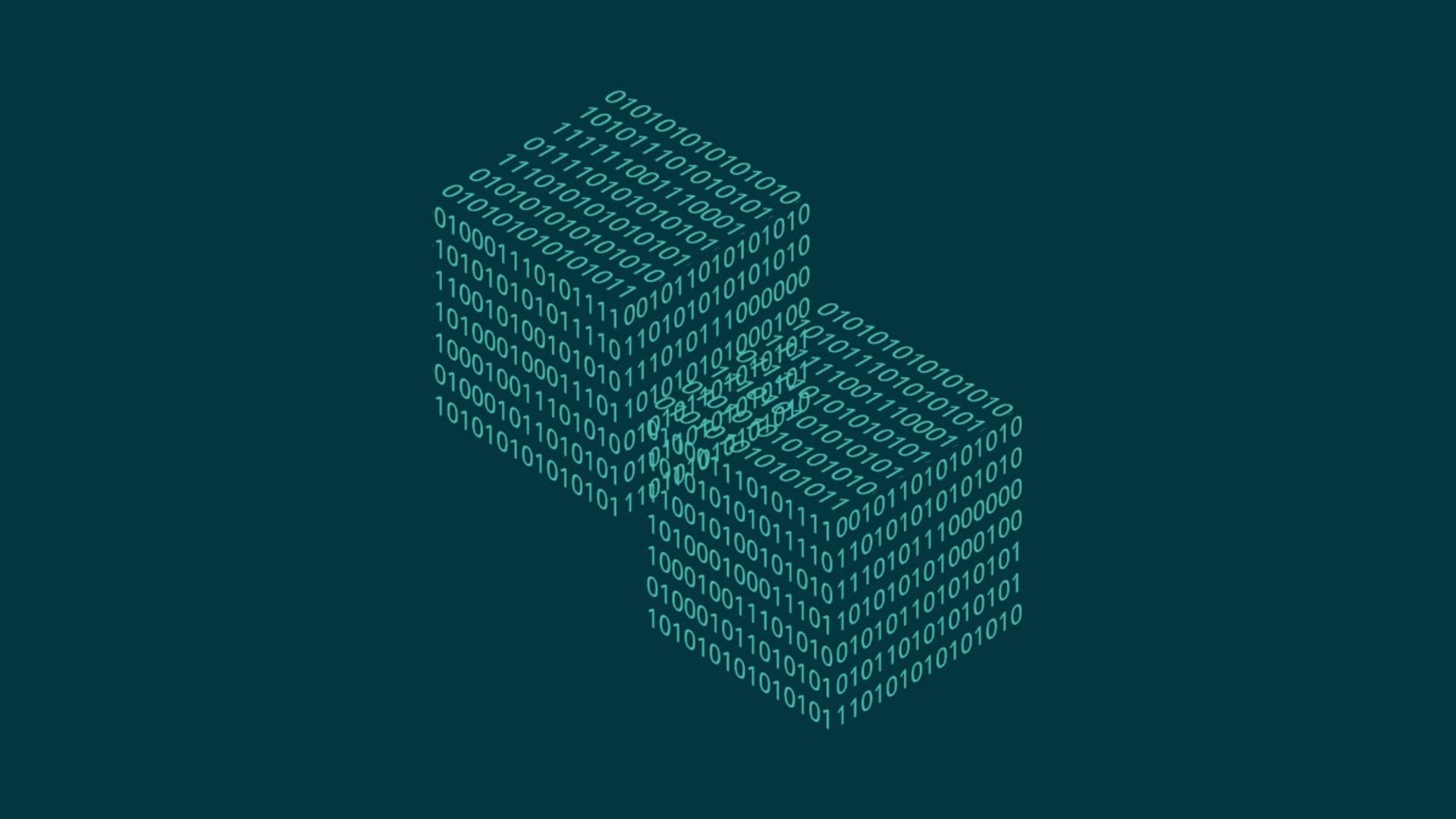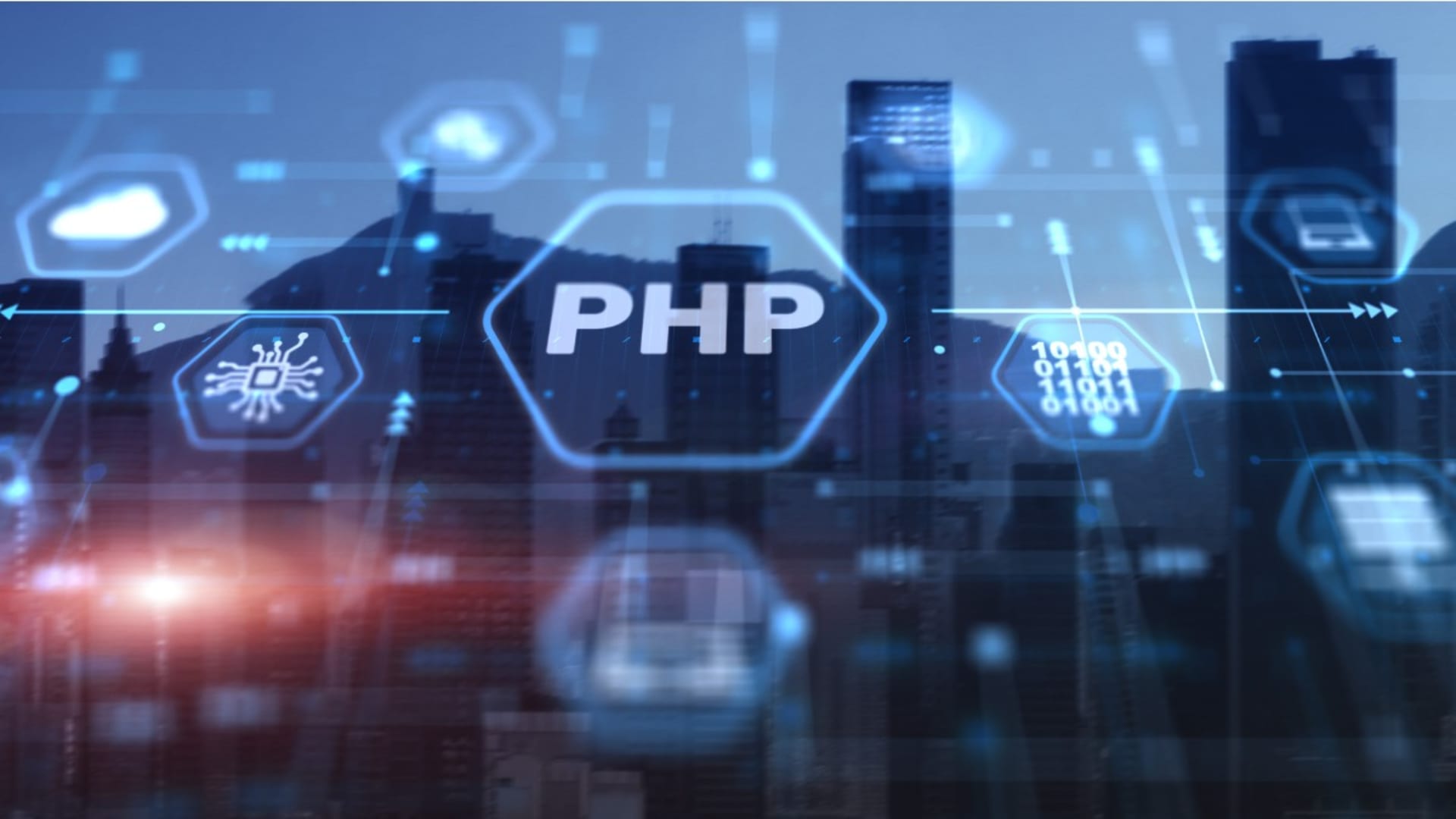Where do businesses look when they want to create complex projects efficiently and stay ahead of the competition? Organizations across industries are increasingly turning to microservices architecture as the answer.
Companies like Amazon, Best Buy, Capital One, Coca-Cola, Comcast, eBay, Etsy, Netflix, PayPal, SoundCloud, Twitter, Uber, and many others have already embraced microservices. The architecture has the power to completely transform the structure of an organization’s technology delivery.
Are you looking to leverage microservices at your business? It all starts when you hire microservices developers.
Hiring Guide
What are microservices?
Microservices are a type of architecture that lends a number of qualities and benefits to the development process. They are most used for building complex, scalable applications. Enabling businesses to deliver projects quickly, the style offers advantages like:
- Easy maintenance
- Reliability
- Testability
In this method, components are independent services that function together by communicating via APIs. Services are governed and owned by small teams and are autonomously developed. The services run independently, a contrast to monolithic architecture, in which processes function cohesively and as a unit.
How popular are microservices?
Approximately 77% of businesses had adopted microservices as of 2020, according to the Microservices Adoption in 2020 report, which surveyed 1,500 professionals in the technology field. Of those who have turned to microservices, 92% found that they were successful using them.
Given the clear popularity of microservices, finding a developer who is aware of and competent in using this method shouldn’t be too challenging.
What should you look for in a microservices developer?
Microservices developers, like all software developers, should have a combination of technical and soft skills. They should also have experience working with microservices architecture previously.
A microservices developer‘s technical skills include:
- Experience with software architecture
- Domain modeling
- Unit and security testing
- Knowledge of programming languages
- Knowledge of frameworks
- Knowledge of cloud technologies
Meanwhile, the microservices engineer must also have strong problem-solving, collaboration, and teamwork competencies, along with a desire and curiosity for learning.
Microservice Interview Questions
Describe the core features of microservices.
Some of the chief features of the microservice architecture are:
- Organization around business principles
- Independently-deployed services
- Decentralized data management
- Product focus and responsibility
- Continuous delivery
- Agility
- Automated infrastructure
- Autonomous governance
What are the benefits of microservices?
Microservices offer substantial benefits, particularly over the monolithic alternative. The architecture is highly scalable, for one. It’s also flexible, adapting to different projects and products. Moreover, the architecture lends itself to improved agility.
Microservices also provide fault isolation, meaning the errors are isolated and won’t compromise the entire system. The debugging process is more straightforward and simple as well. In fact, teams often find that they are more productive and improve project turnaround times using microservices.
What tools do you use for microservices?
Microservices have plenty of associated tools for different facets of the architecture and development process. For example, you can use API Fortress or Postman for API management. For the operating system, Atomic, Linux, and LXD are options. Spring Boot and Elixir are language and framework options.
Messaging support includes Apache Kafka, RabbitMQ, or Amazon Simple Queue Service. For monitoring, meanwhile, you could use Prometheus, Logstash, or Gray Log. Toolkit options, among others, are fabric8 and Seneca.
What are some common mistakes and challenges when working with microservices?
Some challenges developers may experience when working with microservices include struggling with automating the services or pieces and properly monitoring the system. There are also several mistakes that are all too common when it comes to the architecture — failing to define requirements, roles, scope, timelines, and benchmarks, for example. Moreover, there’s also the possibility of not completing a thorough debugging process.
Careful oversight and monitoring of the entire process, as well as defining all aspects of the project from the beginning and ensuring that everyone is informed and knows their role can help curb these challenges.
Explain end-to-end testing in microservices.
End-to-end testing ensures that individual processes and the entire system function cohesively and satisfactorily. It also confirms that the product is sufficiently meeting requirements after thorough and complete testing.
Job Description
We are looking for a skilled microservices developer with experience working with the architecture. You will be tasked with translating business needs into technical requirements, conceptualizing and building new software, and improving existing products.
Responsibilities
- Transition outdated platforms to microservices architecture
- Collaborate closely with the development team and additional teams to address and meet client requirements
- Employ agile and DevOps approaches
- Ensure new software correlates to governing business needs
- Develop and employ best practices for leveraging microservices architecture
- Deliver high-quality software solutions
- Complete testing, including unit and security testing, and fix bugs and errors efficiently
- Stay up to date with current technologies and trends, particularly in the microservices space
- Research all requirements and specifications
- Scale platforms as needed
- Document all efforts
Skills And Qualifications
- At least 7 years experience in software development
- At least 3 years experience working with microservices architecture
- Extensive, hands-on experience using Spring Boot, Elixir, Java, Github, SQL, Hibernate, UNIX, and Apache Kafka
- Demonstrated experience researching and meeting business needs and requirements
- Experience with Agile microservices
- Strong written and verbal communication skills
- Excellent problem-solving skills
- Excellent teamwork and collaboration skills
- Ability to translate business needs into technical requirements
- Experience working with cloud-based technologies
- Experience working in an agile and DevOps environment
- Knowledge of testing tools
- Knowledge of and experience using microservices tools
- Demonstrated ability to stay current with trends in microservices and software development
- Bachelor’s degree in computer science, software development, information technology, or a related field







